We break down the most important things to know before traveling to Cuba – from visas to the local currency – so that your travel planning can go a lot smoother.
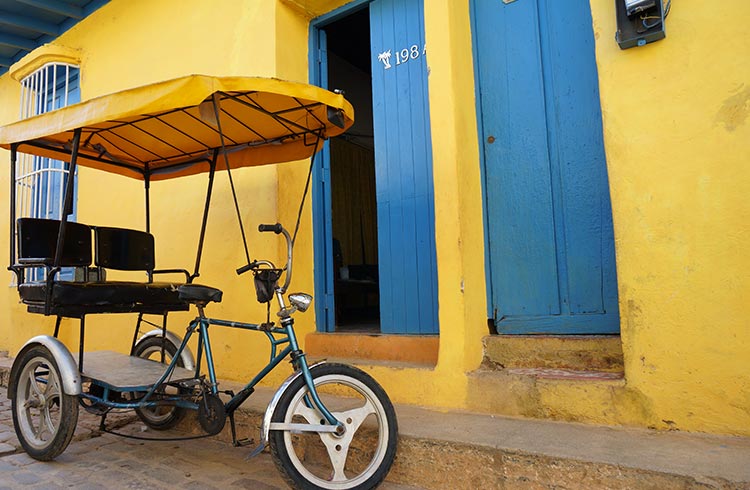 Photo © Goats on the Road
Photo © Goats on the Road
As you start planning for a trip to Cuba, you may start to feel overwhelmed. There’s a lot to know before you go, including the mandatory insurance policy, visa policies, scams, potential dangers and the dual-currency system. These insider tips will help you prepare.
1. You must have travel insurance
Every traveler who visits Cuba must show proof of valid travel insurance with medical coverage upon entering the country.
While there are reports of some border officials failing to check, to be safe you should definitely have insurance when you land.
If you don’t have any travel insurance when your plane lands, you can buy it at the airport, but it may not provide adequate coverage for emergencies.
2. You must have a visa before arriving
There is no visa on arrival (VOA) in Cuba. Visitors from most countries, including the US, UK, Australia, Canada, and most European countries, need to procure a Cuba Tourist Card (often referred to as a Tourist Visa) before boarding the plane to Cuba. These are available through the consulate, a travel agency or tour operator, or at some airports, and some airlines will include the Tourist Card in the ticket price. Citizens from a handful of countries can stay in Cuba without applying for a Tourist Card. And citizens of a few countries are ineligible for the Tourist Card and need to get a Cuba Visa from their local consulate.
If you’re an American Citizen traveling on an American passport, you’re technically not allowed to visit Cuba unless you fall under one of these 12 categories.
Thankfully, it’s becoming increasingly easy for Americans to travel to Cuba, as one of the twelve categories is: “support for the Cuban people”.
3. There are no longer two currencies in Cuba
After some 25 years of using two currencies, Cuba adopted the Cuban peso (CUP) as its sole currency in January 2021.
It’s always wise to carry some CUP in your pocket in case you come across a “peso food” stand. These places serve up tasty meals and charge in CUP, so you can usually get a filling dish for just a buck or two.
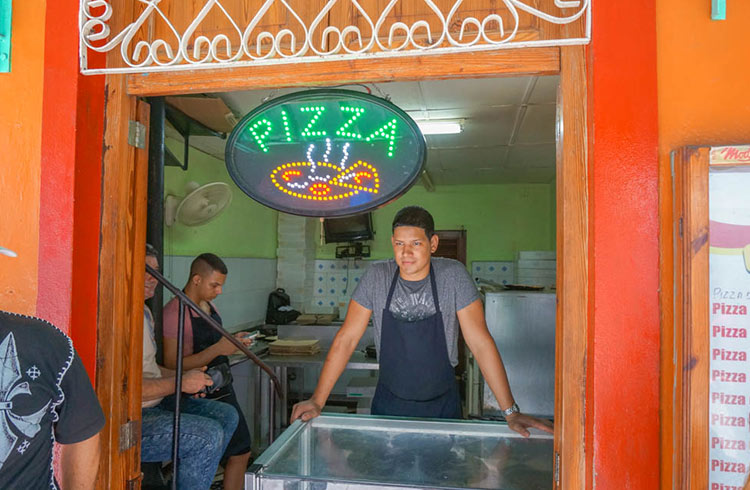
4. There’s no longer an American dollar tax
In 2020, Cuba eliminated its 10% American Dollar tax. Previously, if you tried to exchange USD at a cardeca (money exchange booth) for Cuban currency, you were charged an extra 10%.
It used to be a good policy for Americans to convert their USD into Canadian Dollars, Euro, Great British Pounds or another major internationally accepted currency before heading to Cuba, but that's no longer the case.
On another note, American debit and credit cards do not work at the ATMs in Cuba, and you cannot pay your bill with credit card.
Bring a sufficient amount of cash to Cuba!
5. Scams to watch out for
The cigar scam is one of the most common. A swindler will approach a tourist on the street, offering to sell them cigars at at a steep discount. Those cigars are fake – genuine cigars are only available in state-run shops or official factories. Other annoyances include people offering to show you to a restaurant or hotel (which is owned by a friend or relative who pays them a commission), locals offering to change your money and giving you counterfeit or outdated currency, and some minor instances of pick-pocketing and robbery.
Be cautious of who you do business with and protect your valuables at all times.
6. Home stays are called Casas Particulares
While there are some nice hotels and resorts around Cuba, the best way to see the country is by staying in Casas Particulares. These family-run home stays are the most affordable and most authentic places to stay.
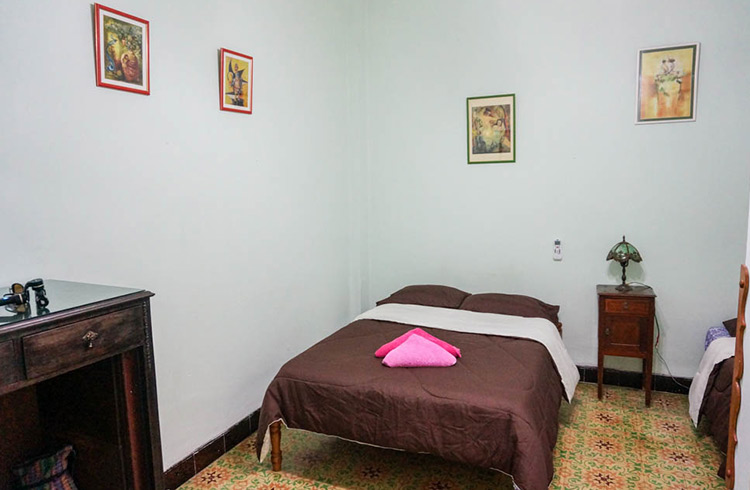
Not only will you get a nice room with a comfortable bed and (usually) a private bathroom, you’ll have the added bonus of staying with a local family who can point you to less-touristy attractions, and even cook dinner for you (for an added cost) upon request.
7. Don’t support government-run businesses
There are enough locally-owned restaurants, hotels and tour guides around the country that you really don’t have to go to the government-run places.
Put some of your valuable tourist dollars back into the pockets of the local people who work so hard to make sure that your trip is the best it can be.
Typically, family-run restaurants are called “paladares” and they’re a much better alternative to the state-run places, especially those seeking a closer interaction with Cuban culture and better, homemade Cuban food.
There are plenty of paladares in most major tourist towns so you should have no problem finding them and helping the local private business economy.
Heading to Cuba? Download our FREE Insider’s Guide!
Related articles
Simple and flexible travel insurance
You can buy at home or while traveling, and claim online from anywhere in the world. With 150+ adventure activities covered and 24/7 emergency assistance.
Get a quote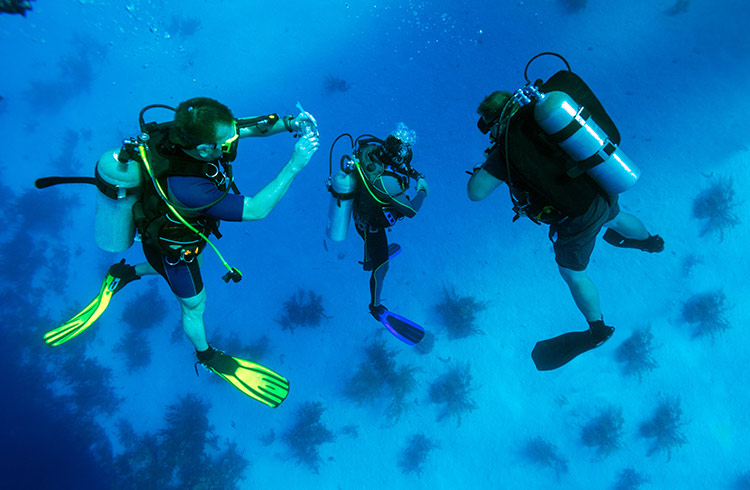
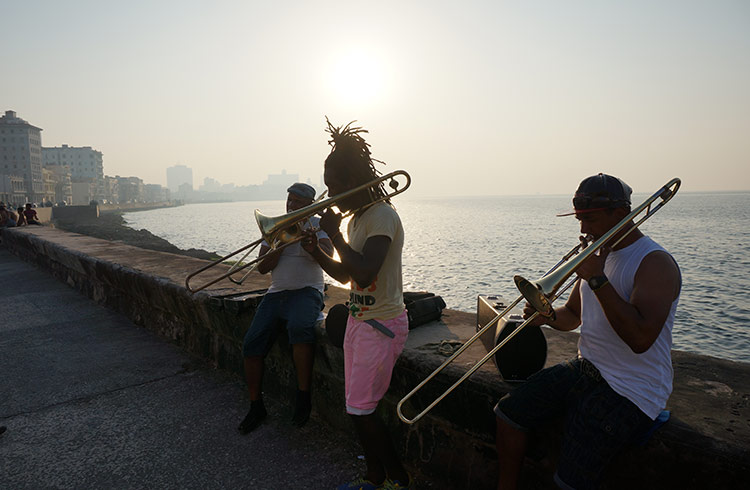
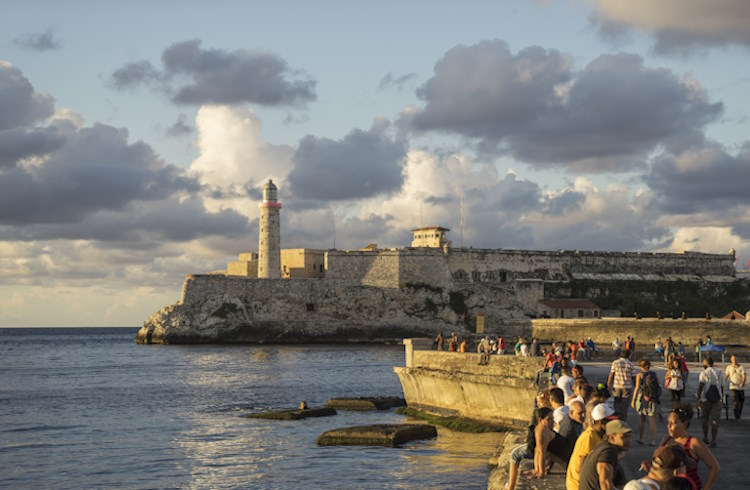
No Comments